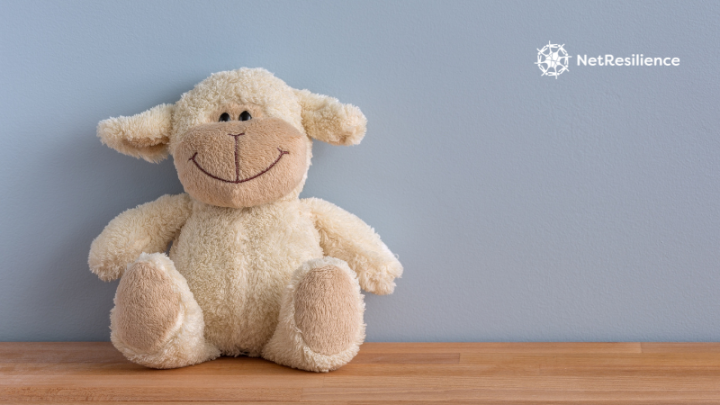Attitudes towards having children have changed in Finland
Has the ideal number of children in Finland fallen at the same time as fertility has declined, especially in high-income countries? Väestöliitto’s Family Barometer examined changes in the ideal number of children in five age groups.
The surveys, collected between 2007 and 2018, covered people aged 20-45 in five age groups born in 1970–1974, 1975–1979, 1980–1984, 1985 –1989, and 1990–1994.
“The primary finding was that people from more recent birth cohorts had a lower ideal number of children compared to people from earlier cohorts.” said Kateryna Golovina from the Helsinki Collegium for Advanced Studies in a press release.
Socio-economic factors played little role in the number of ideal children across age groups, and the researchers speculate that the decline in ideals is due to a deeper cultural change than, for example, a temporary shift caused by the 2008 economic crisis.
Golovina et al’s findings show that attitudes towards having children and family life have changed in Finland.
“Modern life has changed traditional life paths in which having children has been a given. Freedom of choice can increase conscious decisions of childlessness but also uncertainty about parenthood,” says Professor Markus Jokela from the University of Helsinki in a press release.
Read more
Press release, University of Helsinki (25.8.23) Declining fertility ideals? Young people more often prefer having no children.
Golovina, K., Nitsche, N., Berg, V., Miettinen, A., Rotkirch, A. & Jokela, M. Birth cohort changes in fertility ideals: evidence from repeated cross-sectional surveys in Finland, European Sociological Review, 2023;, jcad048, https://doi.org/10.1093/esr/jcad048

